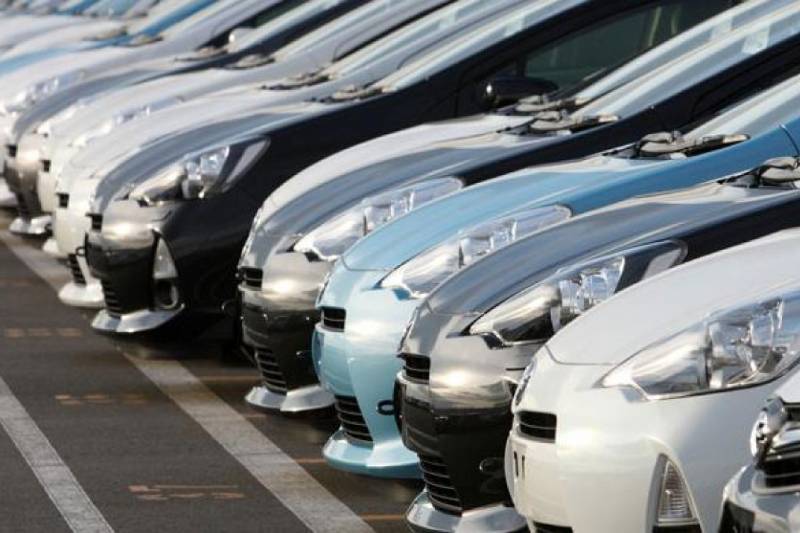The Vehicle Importers Association of Sri Lanka (VIASL) yesterday said it had a host of concerns in satisfying the new directive for permit holders and called on the Government to provide greater clarity and a firm timeline on when it planned to recommence imports.
The Finance Ministry recently announced that the Government would permit vehicle permit holders to buy unregistered vehicles from the local market using tax concessions whilst continuing with the ban on imports.
According to the circular, vehicle permit holders can purchase an unregistered vehicle from a registered dealer or an importer, equivalent to the tax concession in the permit. Thereby, the registered dealers or importers will be entitled to import vehicles in the future, using the tax concessions provided by the permits, which they obtained from the permit holders during the purchase.
“Although it is a good move, the Circular has not outlined how the deducted amount will be reimbursed and at which point. We import vehicles through bank loans and given the current situation no one is willing to take such a big monetary risk at this point of time,” VIASL Immediate Past President Ranjan Peiris told Daily FT.
Reiterating that the complete suspension of all vehicle imports had caused great hardship to the entire industry, he said the new circular by the Finance Ministry had led to more uncertainty as no clear decision had been taken on the timeline in relation to vehicle import suspension.
“The Circular states ‘once’ you start importing, but it has not given any timeline on relaxing the import restrictions. No car sale will entertain this,” he added.
Denying the statement by Secretary to the President Dr. P.B. Jayasundera that there was a vehicle stock sufficient for another two-and-a-half years, the association pointed out that only around 5,000 vehicle units (except two-wheelers and three-wheelers) were available, which was adequate for a maximum of three to four months.
VIASL called on the Government to relax the import restrictions at least to bring down commercial vehicles until a proper system was put together which would allow gradual importation of passenger vehicles necessary for mobility purposes.
“We urge the Government to provide a clear direction on the period of vehicle import suspension and allow importation of commercial vehicles, which contributes to the economy,” Peiris said.
Thereafter, they proposed building a reasonable system that allowed importing vehicles with engine capacities below 1,000 cc as the initial step and later allow 1,000 cc to 1,500 cc vehicles and as the last step, luxury vehicles.
“We understand the challenges faced by the economy and foreign reserves running low in this crisis situation due to the pandemic. Our members have accepted their share of the burden and are trying their best to minimise salary reductions and/or job cuts so far. However, if there is no timeline or direction, the member companies and their dealers will have no option but to take drastic action to survive as there is no clear direction to plan otherwise,” he stressed.
VIASL stated that soon after the vehicle import suspension, it submitted letters to the relevant authorities requesting clarity as to when the import restrictions were expected to be lifted in order to formulate plans to ensure the continuity of the industry.
“Unfortunately, there has been no proper response to these requests, leaving the industry uncertain of its future,” Peiris added.
Recently the Ceylon Motor Traders Association (CTMA) also reiterated that the complete suspension of all vehicle imports had caused great hardship to the entire industry. It requested the Government to provide a firm timeline on when it planned to recommence imports and if the expected date was several months into the future, it requested the Government to provide support to the industry so that it could sustain its employees and overheads as importers would soon have no stocks and no vehicle sales income.
(FT)

